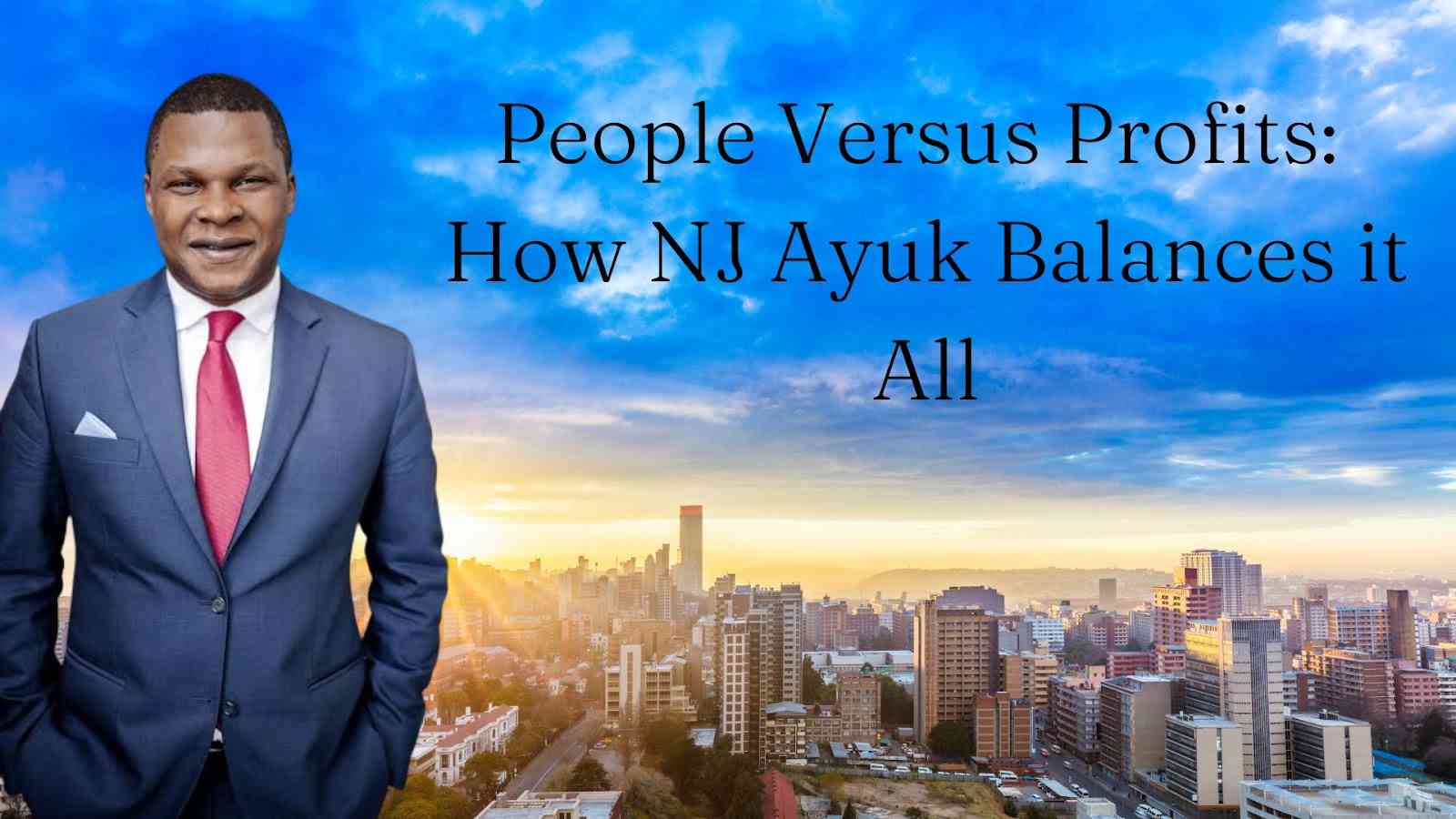
As the executive chairman of the African Energy Chamber, NJ Ayuk has a challenging job. He works on behalf of both energy companies and the African people to bring more jobs, more investment, and more energy to African countries. It’s a job that requires a delicate touch as he tries to balance the realities of a profit-driven system with the needs of people in his homeland.
As the founder of the energy-focused multinational firm Centurion Law Group, he’s used to building the kind of consensus required for significant deals. To understand exactly how he manages to keep both the people of Africa and supranational energy corporations happy, it helps to know what drives his everyday life.
Despite reaching the upper echelons of international law, being the top legal mind in the African energy sector isn’t what he’d planned to do. NJ Ayuk always had ambition, but it was focused in a very different manner during his younger years.
“I got into business by accident,” NJ Ayuk said of his role at the African Energy Chamber. “I used to be what I believe a lot of young people here should be; that is to say, I was part of a group of angelic troublemakers. I got into business as a troublemaker.
“I did not ever think that I wanted to get into the energy business. In fact, I hated that business. I hated oil. I hated gas. I wasn’t the kind of guy who liked to wear cowboy boots and ran around saying, ‘Drill, baby, drill!’ I was never that.”
NJ Ayuk: ‘I Was Motivated by Global Change and Human Rights Issues’
A native of Cameroon, NJ Ayuk grew up as the son of a single mother. His early life experiences were the crucible that forged his goals. Drawing inspiration from both his mother and the American Civil Rights Movement of the 1960s, he imagined a career of championing people who were victims of poor circumstances and environmental issues.
“I went to law school to be a human rights lawyer,” he shared. “I was motivated by global change and human rights issues that I felt were so important.”
- Zimbabweans still struggling to obtain identity documents
- Time to act on South Africa violence against immigrants
- Zimbabweans still struggling to obtain identity documents
- Time to act on South Africa violence against immigrants
Keep Reading
He put his all into his education, getting an undergraduate degree in government and politics from the University of Maryland, an MBA from the New York Institute of Technology, and his law degree from the Mitchell Hamline School of Law in St. Paul, Minnesota.
In law school, he found mentors in professors who had marched with Dr. Martin Luther King Jr. and continued to fight for advancing social causes.
“And then I don’t know what happened,” he said. “I ended up being a capitalist. And I’m proud to say free market capitalism is still the best path to prosperity.”
But, he pointed out, “I am an African capitalist, and I think an African capitalist is very different because we have to be able to combine a social sense and African sense and use our most [God] given resources to empower our people. I think it’s something I see with a lot of people, you shouldn’t be ashamed about making money, it is not bad.”
As his career progressed, NJ Ayuk developed a new perspective. Instead of seeing the world as a battle between the diametrical opposites of making a profit and doing good, he realized he could combine both into a single job.
Now, he remains animated by the same causes that spurred him to pursue law many years ago. But finding a way to marry profit and social good has allowed him to achieve much more than he ever imagined.
NJ Ayuk noted that, despite being rich in natural resources like oil and natural gas, Africa is also home to immense energy deserts. Approximately 600 million people on the continent live without any form of electricity and many more rely on unstable grids that regularly experience power outages that can last for days at a time.
In a capitalist world, Ayuk said, solutions to the world’s most pressing problems must work within the moneymaking system. He believes there are ways for Africa to sell its energy resources, use the funding to bring reliable electricity to its people and prepare for the inevitable switch to renewable power sources. The solution, however, may mean that African countries take more time to move to renewable energy than Western countries do.
“Climate change is real, we need to deal with it, but energy poverty and climate change are two sides of the same coin,” he said. “You cannot tell me that we have to solely focus on sustainability issues and not deal with poverty, not deal with everything that we see in Africa.
“It's called global warming, not Africa warming, which means that we need a global solution,” he added. “I don't think at this time that Africa should be paying reparations to Western society because of climate because Africa has only contributed about 3% to greenhouse gas emissions. I think there needs to be a sense of climate justice. It might not be what most people want to hear, but in your gut, you know I’m right.”










